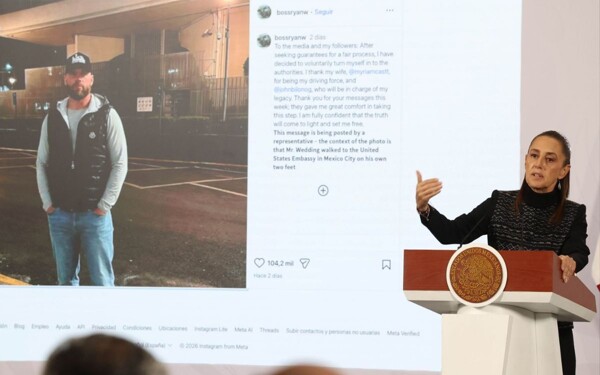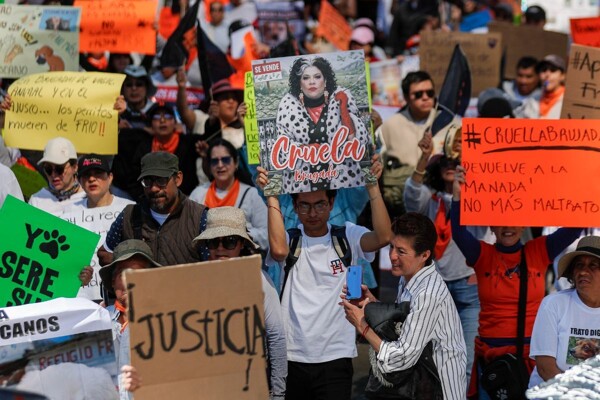
Experts have proposed reforms to the Civil Code to curb judicial harassment and a criminal offense to punish censorship exercised by public officials. Edgardo Calderón, from Article 19, reported that in 2025, 51 Mexican journalists have been denounced for gender-based political violence by lawmakers and authorities, reflecting an increase in harassment against the press. These specialists agreed on the urgent need to establish legal mechanisms to protect journalists and whistleblowers, and to ensure the confidentiality and security of those who report on smear campaigns and judicial persecution. During the forum “Protecting Freedom of Expression in Mexico City,” lawyers specializing in freedom of expression warned of the urgent need to modify electoral procedures to sanction gender-based political violence, in order to prevent this mechanism from being used to censor journalists and critical citizens. Mariana Calderón, from the Mexican Council of Strategic Litigation, stated that current procedures have been used as a “main weapon for women in politics” to silence criticism, highlighting the case of Karla Estrella, who was sentenced to a public apology and registered in the registry of aggressors against women at the request of MORENA deputy Diana Karina Barreras, also known as a “protected data point.” Calderón explained that “norms against illicit campaign financing now apply to ordinary citizens and journalists,” allowing access to their private information and worsening the impact on freedom of expression. Meanwhile, Javier Schütte, lawyer for Germán Gómez, the Televisa Leaks whistleblower, warned that the law can be a “shield or Damocles' sword” against freedom of expression. He pointed out that these persecutions, even without convictions, lead to self-censorship due to the financial and personal costs of defense. Schütte called for the approval of anti-SLAPP norms (an English acronym for Strategic Lawsuit Against Public Participation) to prevent judicial persecution.













